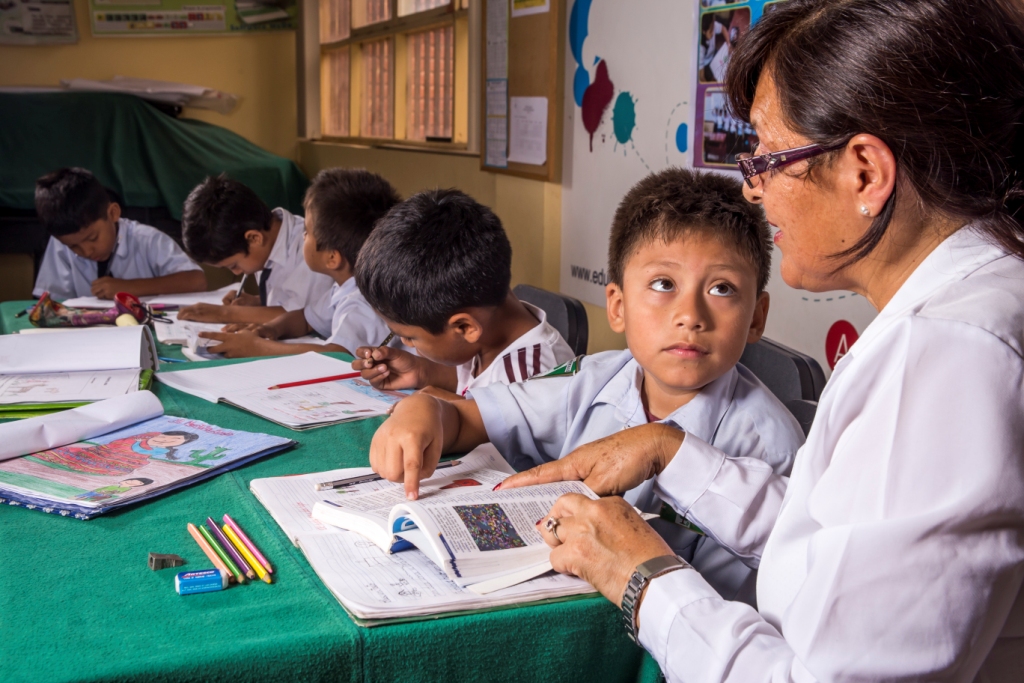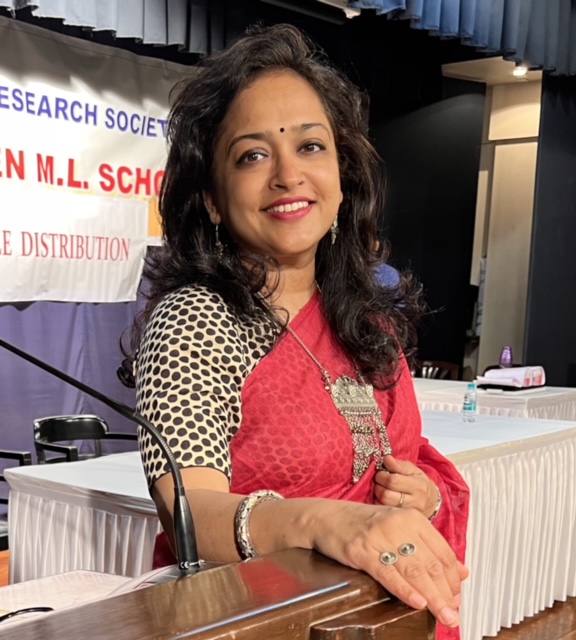Shaping Futures: NEP’s Emphasis on Holistic Education

The Central Government’s NEP, established in 2020, is a watershed event in the evolution of Indian education. For more than 14.89 lakhs of schools, 95 lakhs of teachers and 26.5 crores of children (Data from Unified District Information System for Education Plus (UDISE+)), this transformative stride, prioritizes holistic development, emphasizing the 4Cs: communication, collaboration, critical thinking, and creative thinking beyond academics.
Recognizing that students are the architects of a progressive society, NEP strives to arm them with the skills (digital literacy, vocational training, etc.) and resilience required to handle the complex challenges of the 21st century and navigate through them with ease.
Planning Towards Future by Upskilling
One ground-breaking aspect of NEP underscores the imperative of upskilling, and recognizing the dynamic nature of future job requirements. It prepares students for the jobs of tomorrow, necessitating a blend of technical proficiency, problem-solving capabilities, and creativity, and advocates for continuous professional development, emphasizing substantial and sustained training to enhance teachers’ pedagogical knowledge and leadership skills. It takes the focus from rote learning to experiential learning and critical thinking.

Shifting gears of pedagogical structure

It introduces a new 5+3+3+4 pedagogical structure, replacing the traditional 10+2 system, and proposes vocational training and internships from grade 6 onwards. The establishment of the National Committee for the Integration of Vocational Education (NCIVE) aims to destigmatize vocational careers, exposing students to diverse career paths, including entrepreneurship. This proactive approach fosters a more dynamic and inclusive educational environment.
Assessment paradigm shift
The cornerstone of NEP 2024 lies in its divergence from the conventional examination-centric model towards a system that strengthens formative, regular, and competency-based assessments. This paradigm shift aims to establish a comprehensive and inclusive assessment of students’ abilities, that transcends the boundaries of traditional exams, which often focus merely on academic credentials. NEP 2020 envisaged biannual board exams, with an option to retain the best score and flexibility to choose the subject of their choice, providing students with ample opportunities to excel academically.

These initiatives are not only empowering students, but also promoting creativity and a deeper understanding of concepts. As India strives for a future fueled by innovation and creativity, NEP 2020 stands as a ray of hope, carving the way for a new era where education fosters growth, resilience, and equal opportunities for all learners. It is more than just a policy statement; it is a visionary document that has the potential to revolutionise the education sector of India and make it more relevant to the needs of an evolving world!

Shared by: Shilpa Gandhi,
(Vice- Principal Jasudben ML School)



